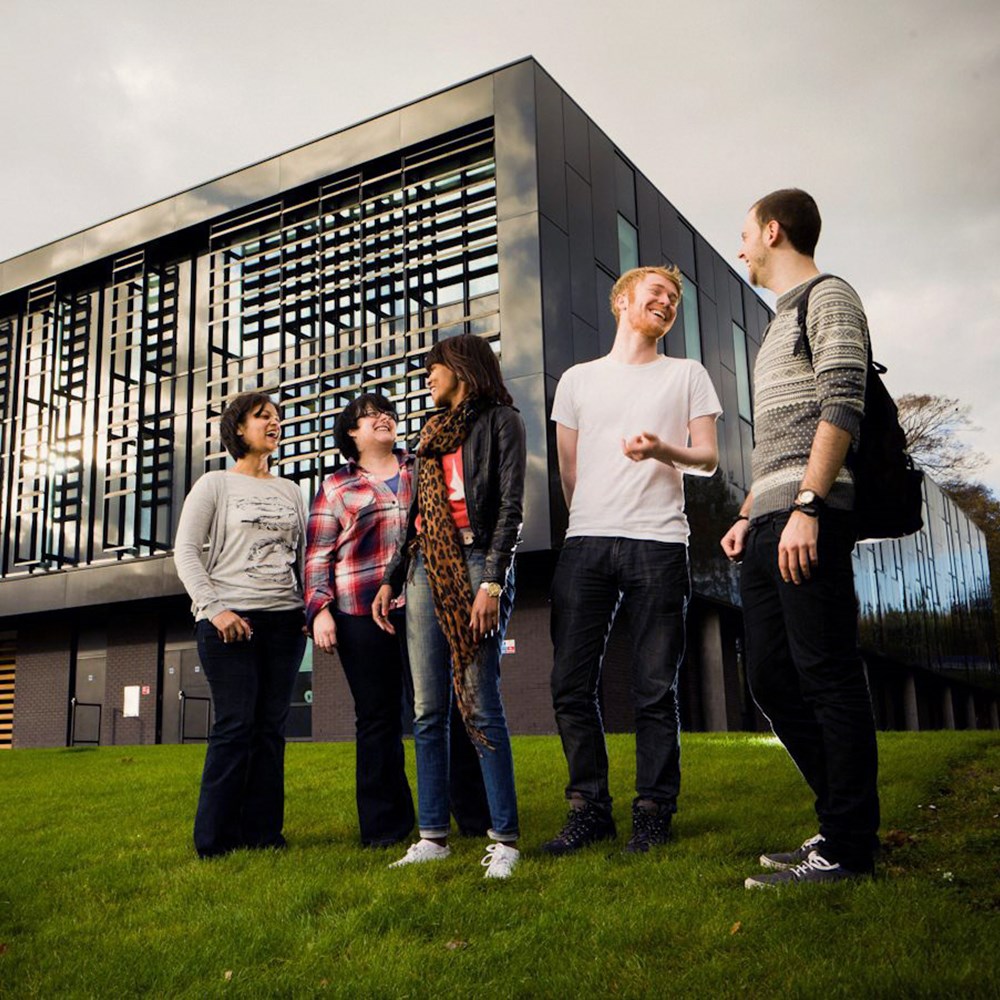Scottish ways & customs
A wee bit different, aye.

Scottish etiquette
Every culture has unsaid rules which affect the way people interact. Finding your feet in a new place takes time, but people in Scotland are very friendly. Hopefully, you will soon feel at home. These tips should help:
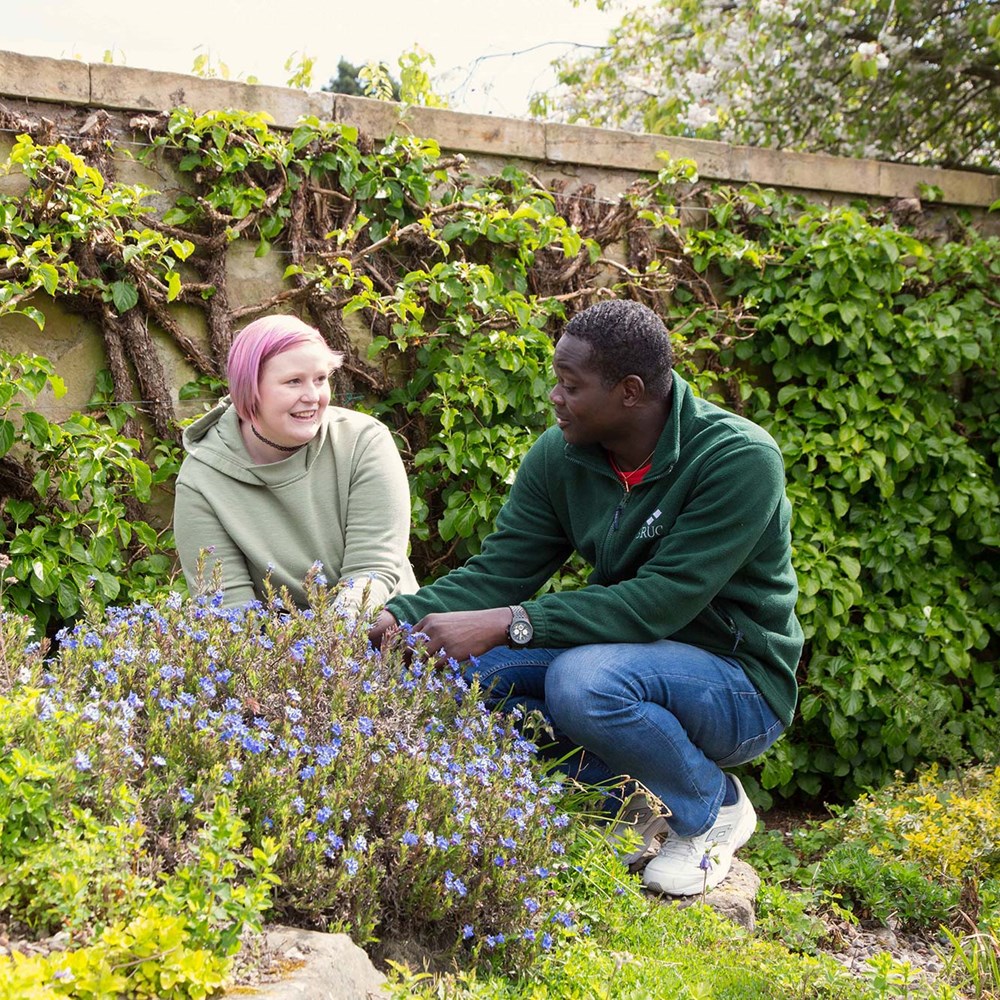
Small talk
When you first meet someone it is considered impolite to ask personal details about their age, their political beliefs and how much money they earn. It’s best to avoid these subjects until you are friends. Until then, you’ll find students often talk about the local area, activities at your school and the weather!

Timekeeping
Being late for a class or a meeting is seen as bad manners. Always aim to arrive 5 minutes early for classes so you can get seated before the lesson begins. If you are going to be late for a meeting, let the person know.
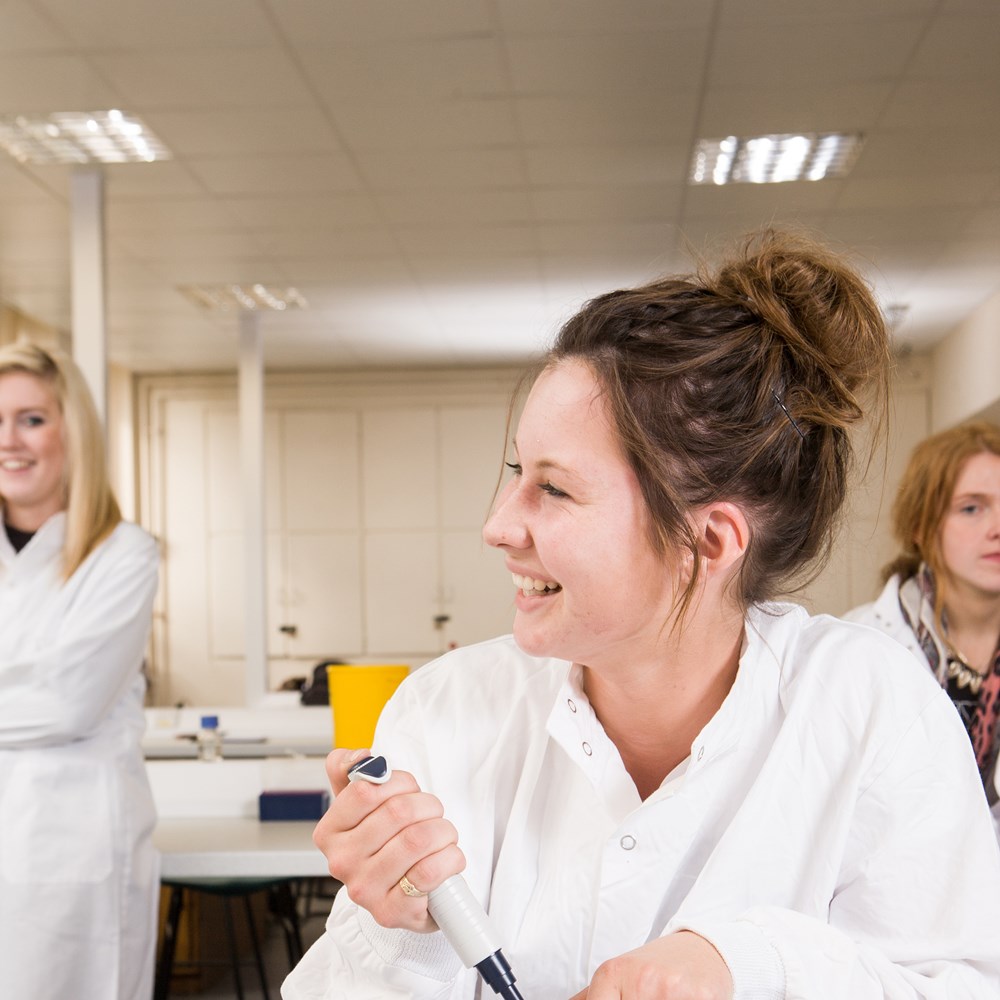
Politeness
People in Scotland use the words ‘please’, ‘thank you’ and ‘sorry’ a lot! And if you bump into someone it is normal to say ‘sorry’ even if it is not your fault. Queuing is also seen as being polite and respectful. Pushing in front, or cutting in line is a no-no.

Addressing people
There is a tendency nowadays towards using first names when addressing people; this includes lectures and other university staff. When emailing, it is best to use Dear + first name.
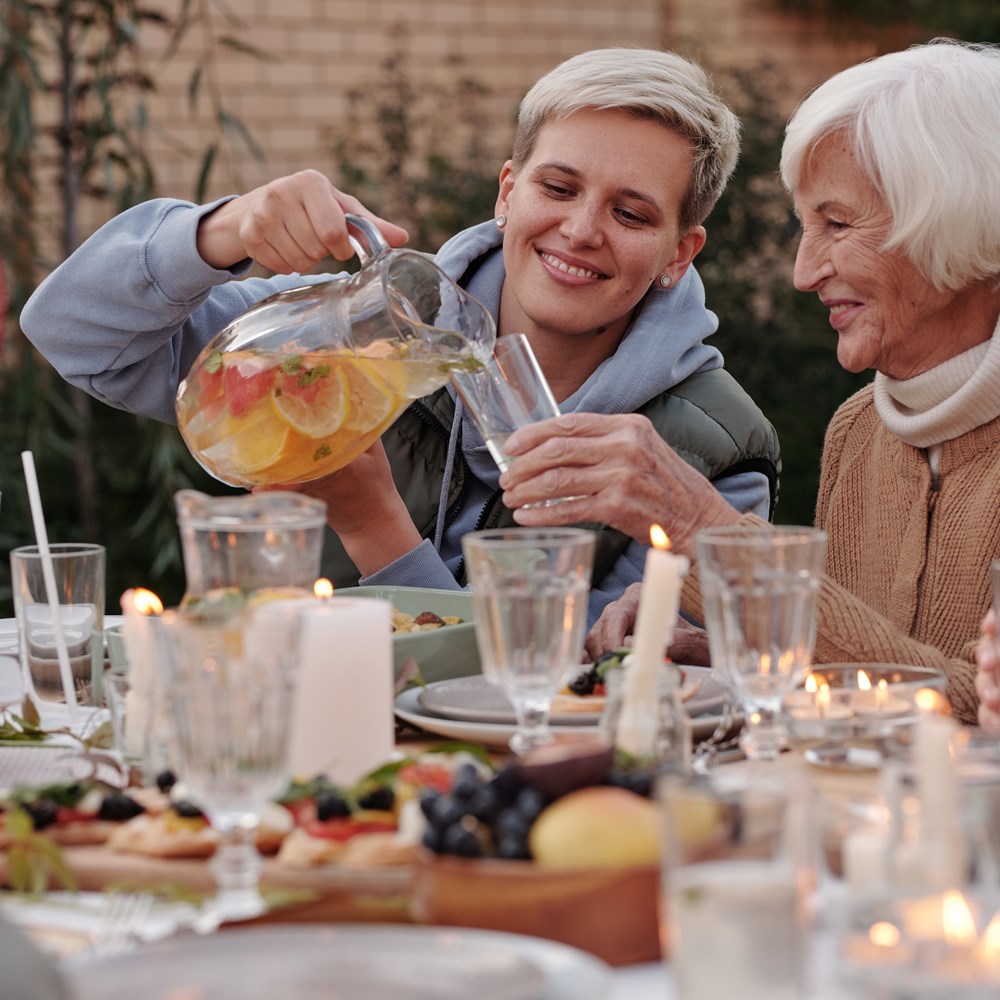
Invitations
“Drop in anytime” and “come see me soon” are phrases often used in social settings but they should not be taken literally. A real invitation to someone’s house usually comes with a specific time and date. It is also wise to telephone before visiting someone at home.
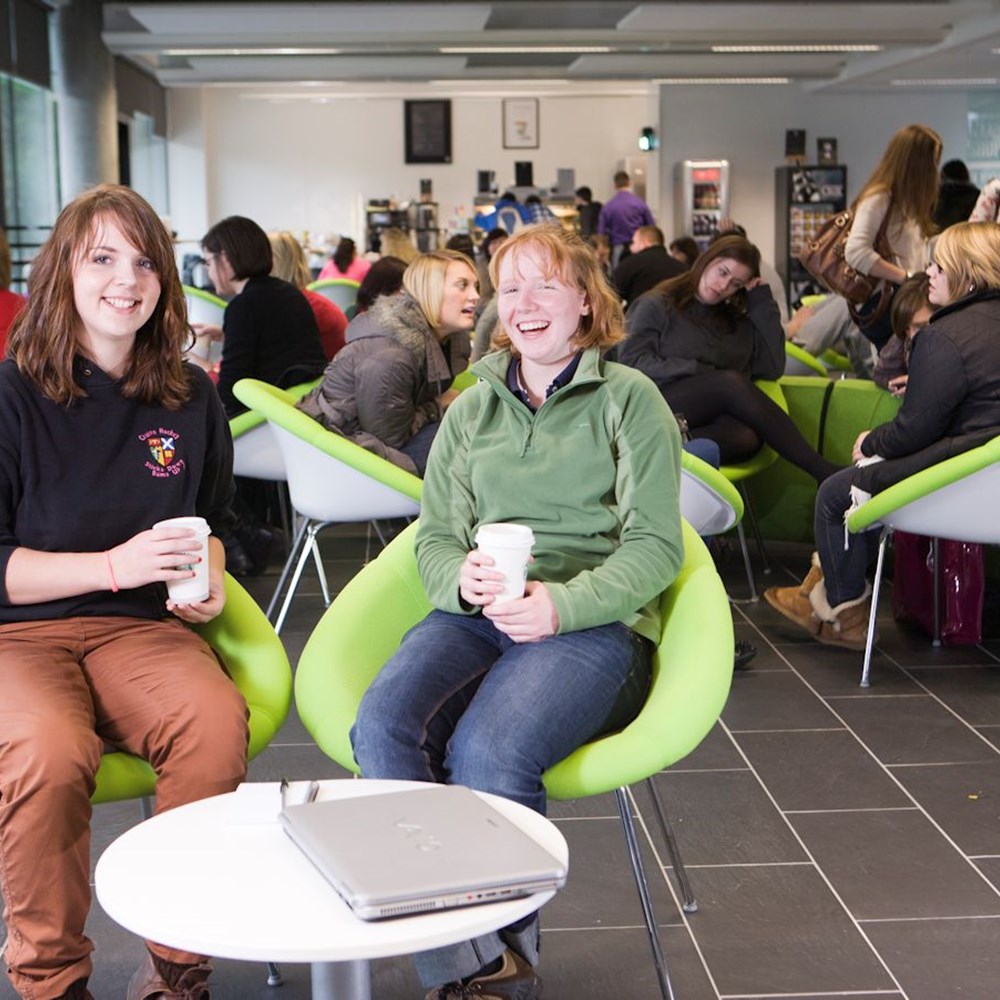
How to greet someone
Scottish people are quite reserved when greeting one another. A greeting can be a bright 'Hello' 'Hi' or 'Good morning'. We only kiss or hug people who are close friends and relatives.
Culture shock
When you first move to the UK some social behaviours may confuse and surprise you. Even the most open-minded and culturally sensitive among us are not immune. There are four common stages in the process known as 'culture shock'
You might experience some or all of these stages of culture shock. The important thing is to remember that even the difficult and stressful stages are only temporary.
You can find more information about the culture shock and how to face it on here.

Stage 1: Honeymoon

Stage 2: Crisis

Stage 3: Adjustment

Stage 4: Acceptance
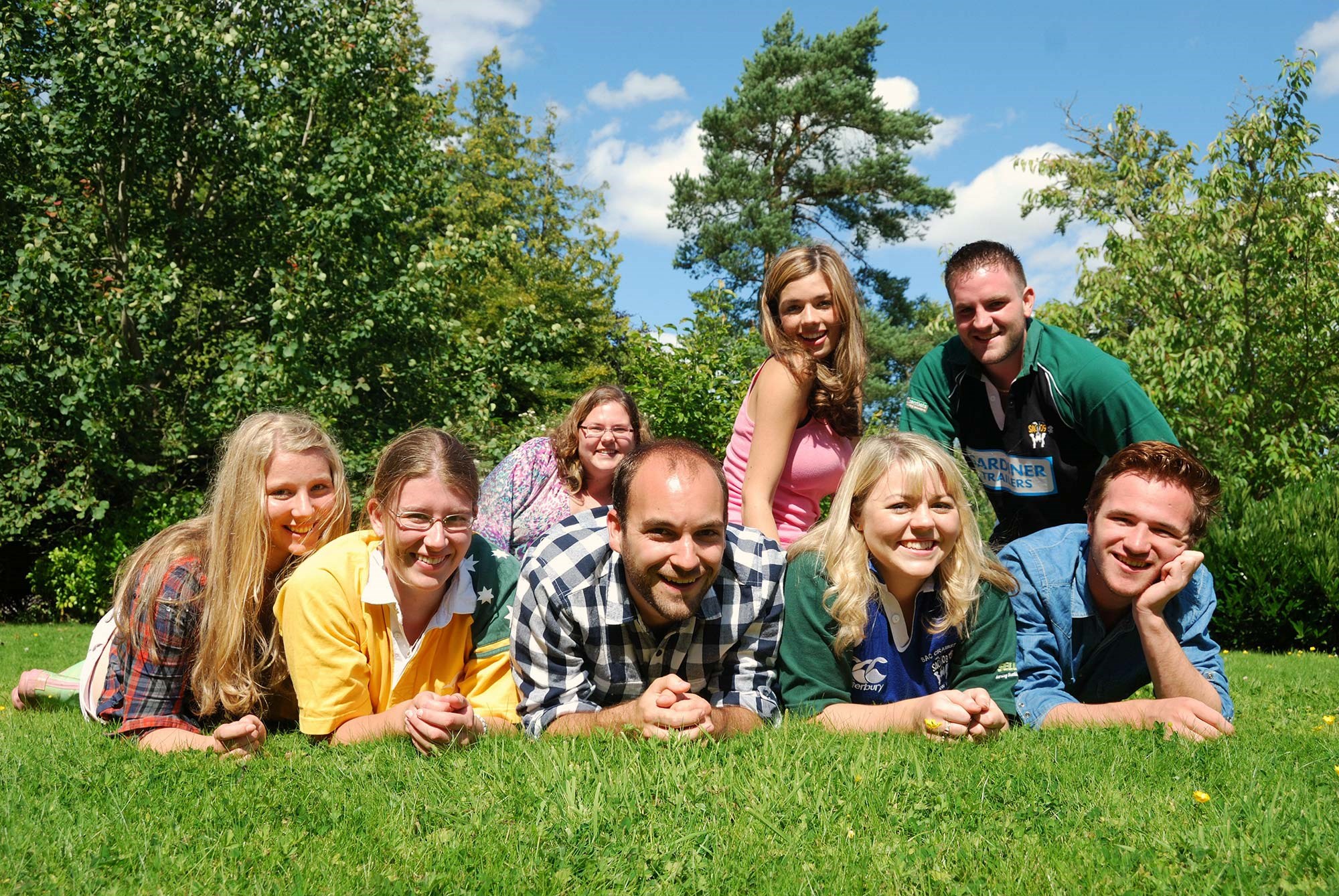
What can I do to feel more ‘at home’ in the UK?
- Understand that these feelings are normal, give yourself time.
- Keeping in touch with home is an important part of living in a different country
- Have familiar things around you that have personal meaning, such as photographs or ornaments.
- Find a supplier of familiar food if you can.
- Stay active, eat well, and get enough sleep.
- Make friends with international students, whether from your own culture or from others, as they will understand what you are feeling and, if possible, make friends with the local students so you can learn more about each other’s culture.
You might also be interested in:

Health & wellbeing
SRUC has a variety of support available for the physical and mental well-being of our students.
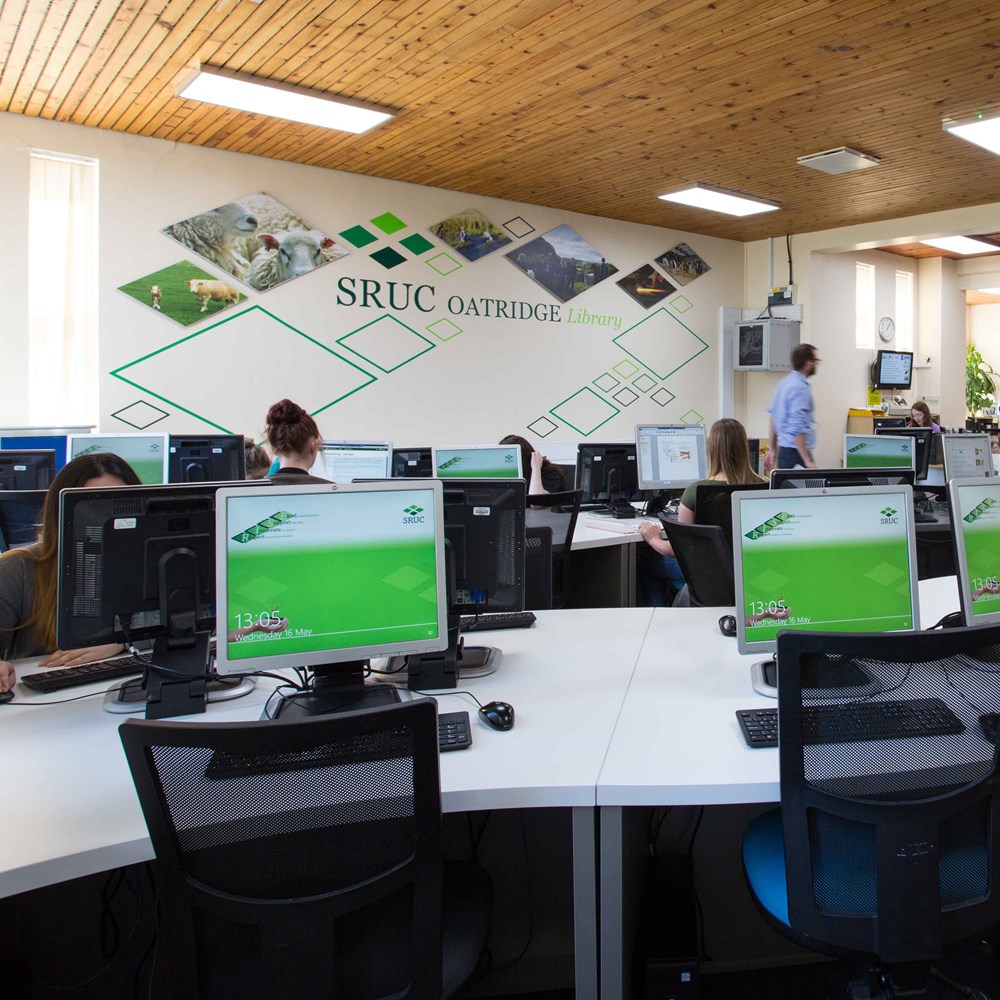
IT Support
Shared Service Delivery (SSD) can help students with a wide range of issues. Email us on sidssd@sruc.ac.uk or call 0131 535 4444
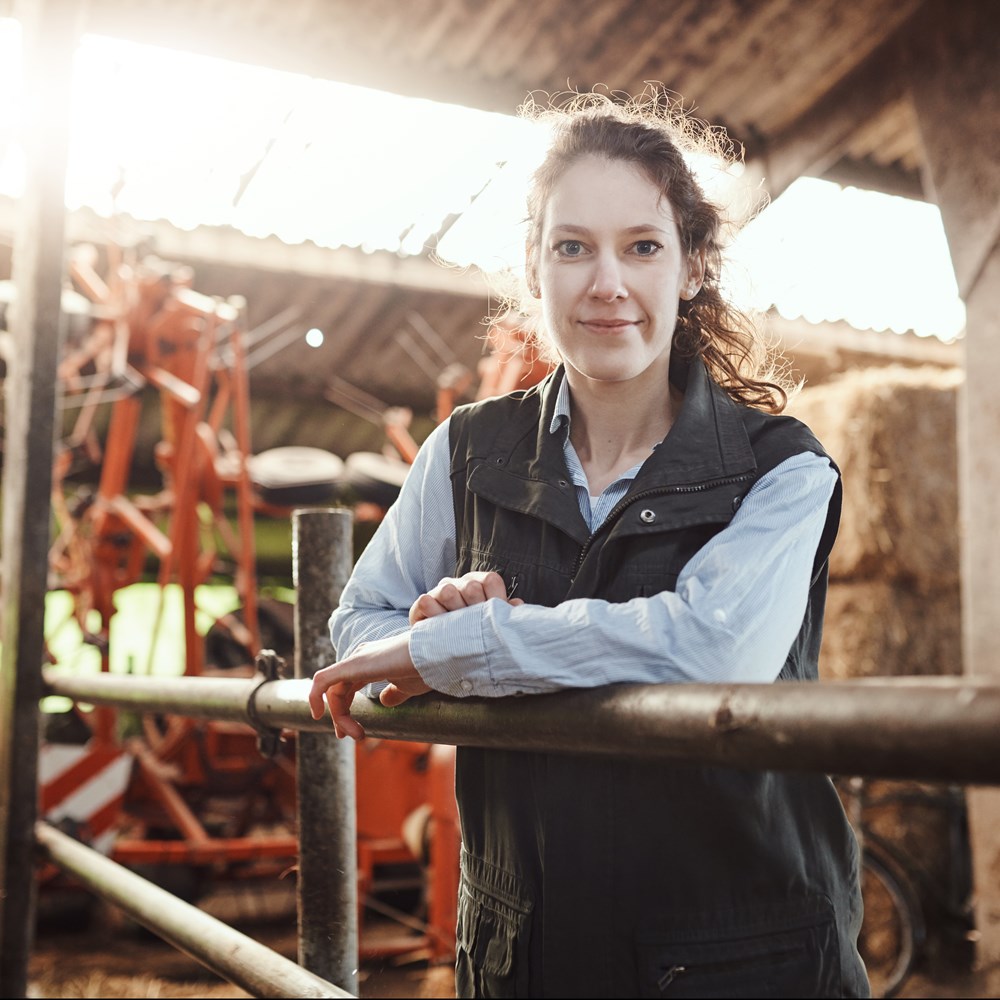
Career services
The courses offered at SRUC are very varied and open up a huge range of possible career paths.
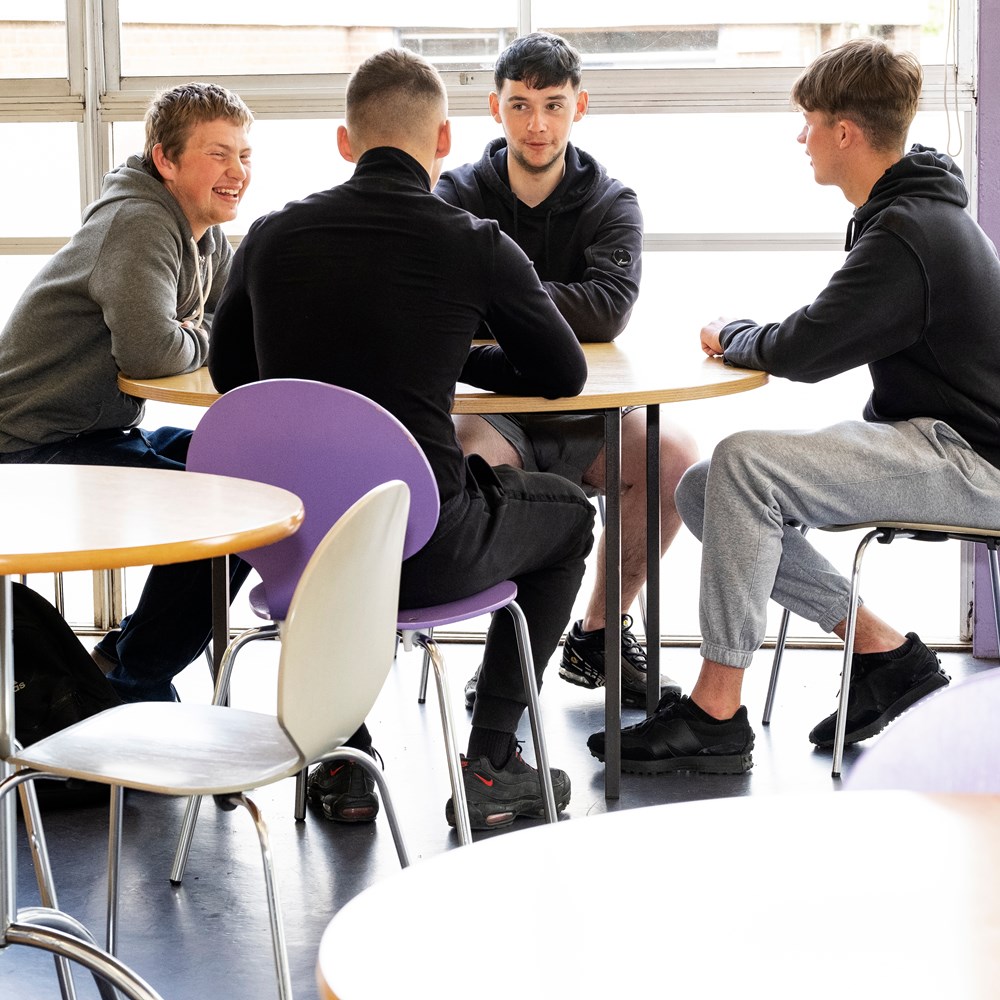
Student life
Explore what life is like at SRUC from before your arrival all the way through to graduation. Find campus and accommodation information, tips, checklists and helpful information on getting started at SRUC. You can also find information on student support services, term dates & timetables, Moodle and more.
Explore more:
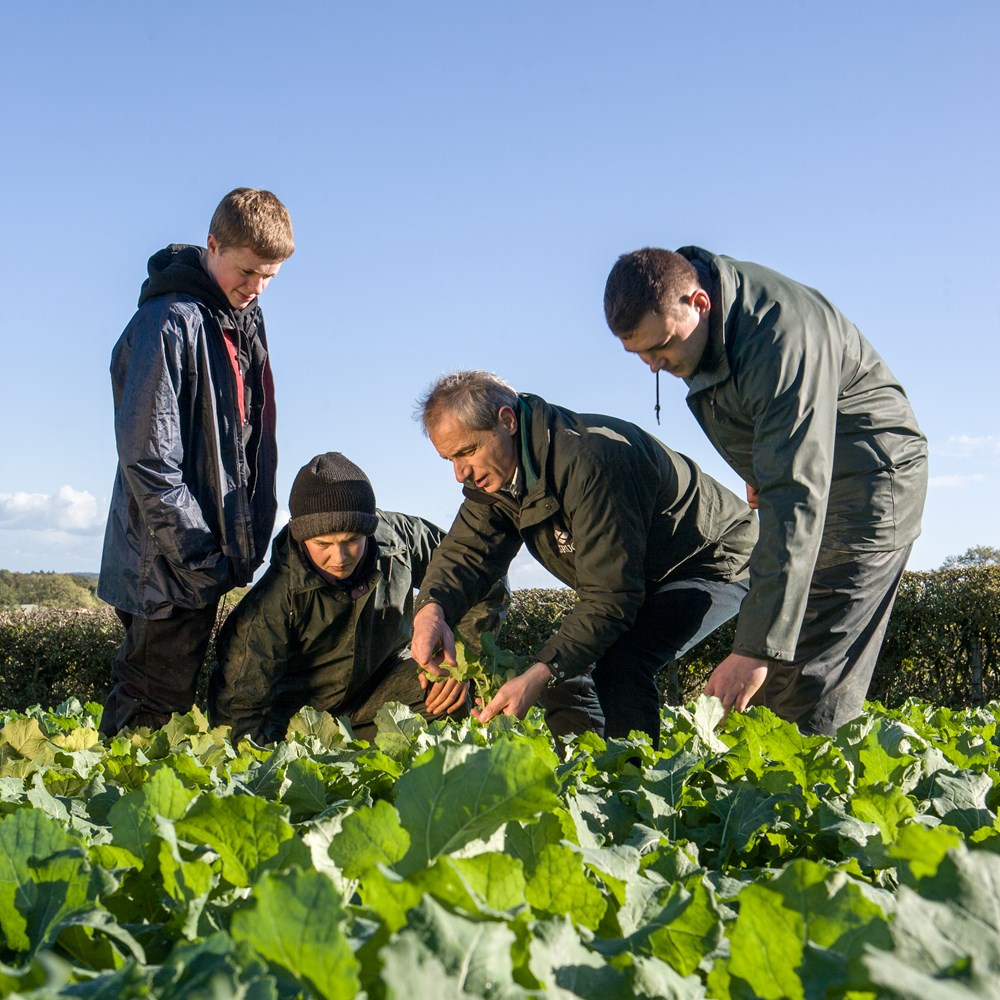
Find and apply for your course
Explore our academic and training course catalogues, check out our virtual experience, request a prospectus, find out how to apply to study with us, learn about fees and funding opportunities, and more.
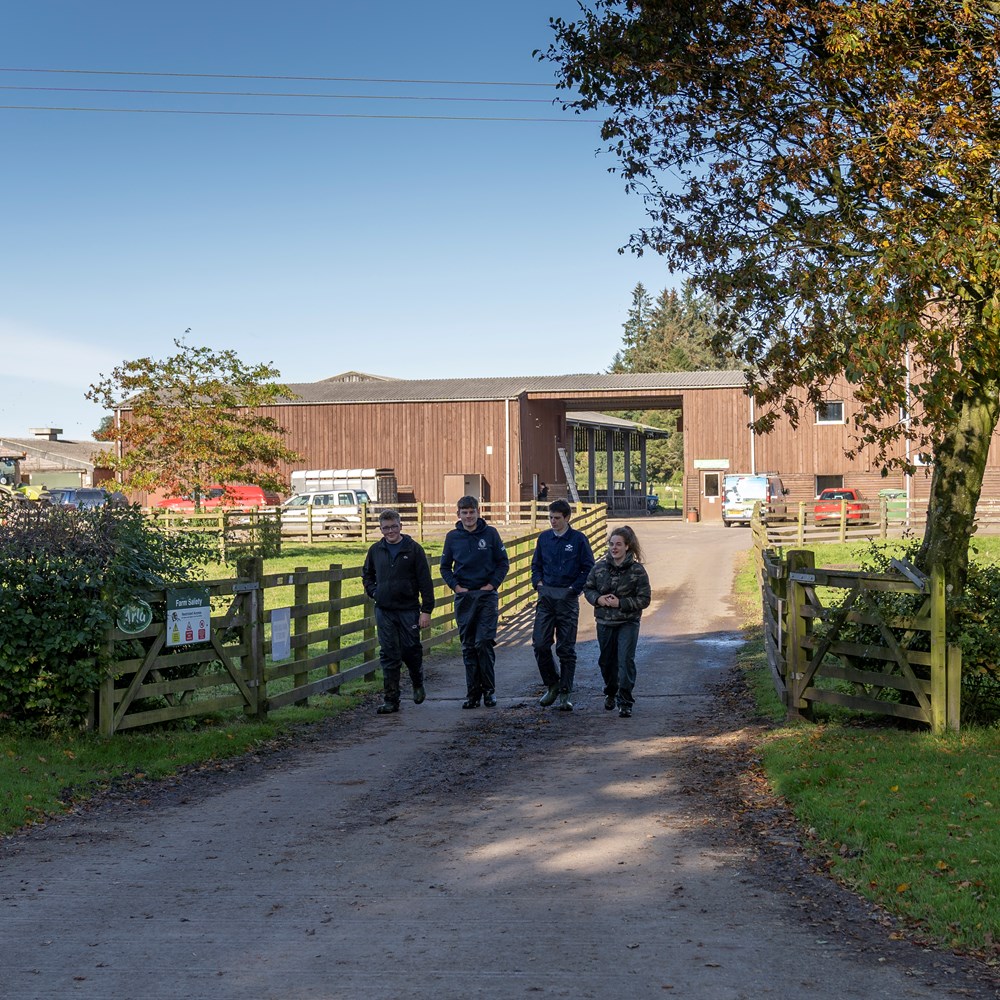
Pathways to Study
Explore all the ways you can learn at SRUC. From entry-level to Master's degree and beyond, full or part time study, distance learning, apprenticeships, mature students and courses for schools. We're here to help you and your business thrive.
